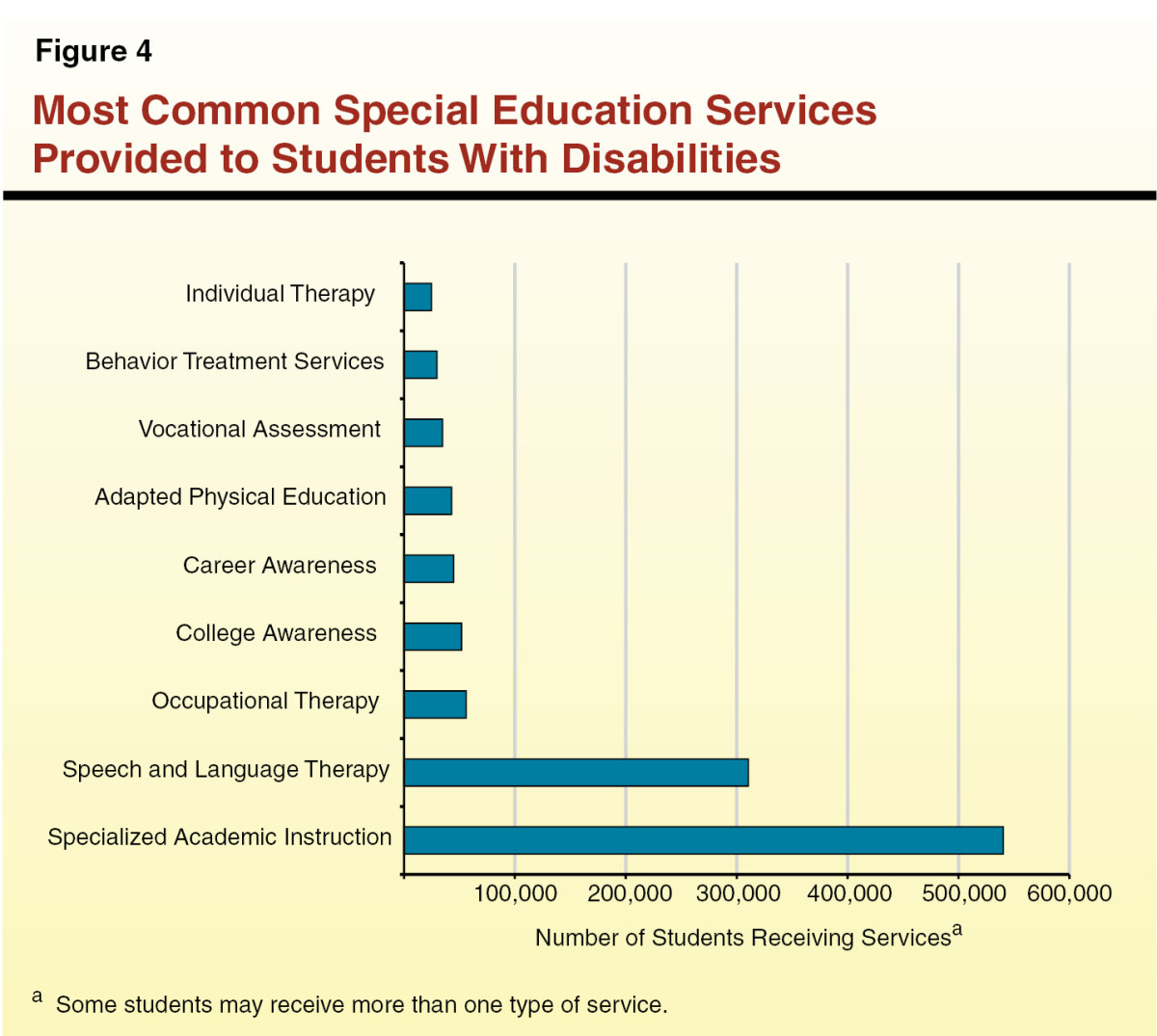The History and Impact of the Efficiency Era on American Education

Rippa (1997) describes in detail the effects the Civil War had on the South. The war spurred an immense advancement in business and commerce, which lead to more focus on business and corporations. One major movement that arose during the twentieth century was the accountability and retrenchment movement. The accountability and retrenchment movement came about because of the push for efficiency from the business community. This in turn trickled to the world of education in many ways.
National Association of Manufacturer's Initial Impact
The main reason the drive for efficiency was based on the business community is the National Association of Manufacturers (NAM) did not think school was utilitarian enough. Since business was booming in the twentieth century, businesses gained wider interest in the public: obviously the pool for up and coming applicants. Another important factor was business was becoming more prestigious (Callahan 1964). Thus, the business population gained a greater say in what education should be. However, the movement for efficiency would take a toll on American education.
Impact of Business World
There were some notable changes to education based on the influx of influence from the business world. The attention of education rapidly moved away from being focused on the needs of students to the needs of businessmen (I am not being sexists here based on the time period) (Callahan 1964). NAM believed that children should have more “vocational training courses” because teaching anything else was impractical (Rippa, 1997, p. 127). Children were more than likely going to spend the rest of their lives working in factories, and NAM felt as though reading, writing, and arithmetic were not going to be useful. Through publications and other means, business leader presented their reasons for why public schools were inefficient: “Half of all our children leave school…with only the rudiments of education which, in large part, the speedily forget, and with no preparation or guidance for life work” (Ripp, 1997, pp. 127-128). Speeches, like the one just quoted from, helped business and industry control education on all levels.
What Was Happening At The Time
- The concept of the "Old South" was fading.
- Public education in South became unorganized.
- Southern colleges and private academies closed.
- The The Peabody Education Fund established.
- Booker T. Washington and W. E. B. Du Bois' stances on education become popular.
Business Leaders Infiltrating Education
What allowed the business leaders to take over education was the fact that school administrations was vulnerable. Still in its infancy during 1910, school administrators willingly accepted the beliefs and techniques of the business world (Callahan, 1964). The growing respect for businesses enabled unqualified businessmen to say what was good for children and academe. Unfortunately, the new (business) administrators had no educational background and were not educators (Callahan, 1964). New school boards wanted efficiency in the school. However, the efficiency businessmen wanted was not educational; it was economic. The emphasis of education became the “lowest cost” per child instead of “producing the product” (Callahan, 1964, p. 244). Overall, cutbacks in money provided for students and schools hindered the improvement of education. The educational situation was even worse in upper levels of education, like high school. Schools became more like machines: the students would go in one end and come out with diplomas on the other end (Callahan, 1964). Businessmen gaining control over education and wanting efficiency created all of these problems. But academe was also to blame for readily accepting changes from those who were not experts or barely had a modicum of knowledge about the various aspects of education.
In Sum
Because businessmen were able to obtain superior positions in education, mainly as administrators, American schools changed dramatically. Businessmen valued economics and low cost over ensuring learning and the acquisition of knowledge. The beliefs and values of business leaders led to the movement for accountability and retrenchment. Unfortunately, American schools are still suffering from the damage produced centuries ago. But then one must wonder, did this phase of American education ever go away. There are many issues concerning the role and purpose of American education. The point is money has, will, and continue to determine what kind of education a child will receive: just read Jonathan Kozol’s Savage Inequalities. It seems either American education is experiencing the pendulum swinging back or it never moved. Consider the influence that business leaders today have on education. For the sake of space, I will just name one example, Bill Gates.
What Do You Think
Do you think we are still seeing the impact of the Efficiency Era?
References
Callahan, R. E. (1964). Education and the cult of efficiency. University of Chicago Press.
Rippa, S. A. (1997). Education in a free society: An American history. (8th ed.). New York: Longman.








